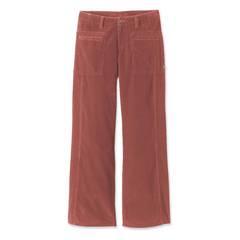Why Look for Paper Bags Made from 100% Recycled Post-Consumer Waste?
Posted on February 23, 2019 by
People have become more aware of how their bagging choices affect the planet. The days of the single-use plastic bag are more or less over; instead shoppers and retailers alike are on the lookout for more eco-friendly materials, which is just one reason why paper shopping bags have seen such a spike in popularity.

Of course, not all paper shopping bags are created equal. When you’re trying to decide which ones to order, make sure they’re marked as made from 100% recycled post-consumer waste.
What is Recycled Post-Consumer Waste?
Once a product made from recyclable material has served its intended use and needs to be thrown away, it can be diverted from going to landfill. When it is recovered, it becomes post-consumer waste. Having completed its first journey, it can be recycled into another product. In contrast, ‘pre-consumer waste’ and ‘post-industrial waste’ aren’t nearly as good for the planet.
Why Should You Buy Paper Shopping Bags Made from 100% Recycled Post-Consumer Waste?
As you can probably imagine, the benefits of using bags made from 100% recycled post-consumer waste revolve around eco-friendliness.
Here are just a few ways they help the planet:
- Sustainability: 100% recycled content paper bags are made without contributing to deforestation. Instead of having new trees cut down just to be made into paper shopping bags, post-consumer waste uses what’s already out there.
- Low Energy: Even if a product is natural, it might require plenty of energy to be manufactured into consumer items. Recycling does require some energy, but not nearly as much as is required when you’re starting from scratch.
- Lower Water Consumption: Pulp and paper mills need to use a lot of water to make the original product. Using recycled post-consumer waste reduces the demand on those mills and prevents them from using as much water.

